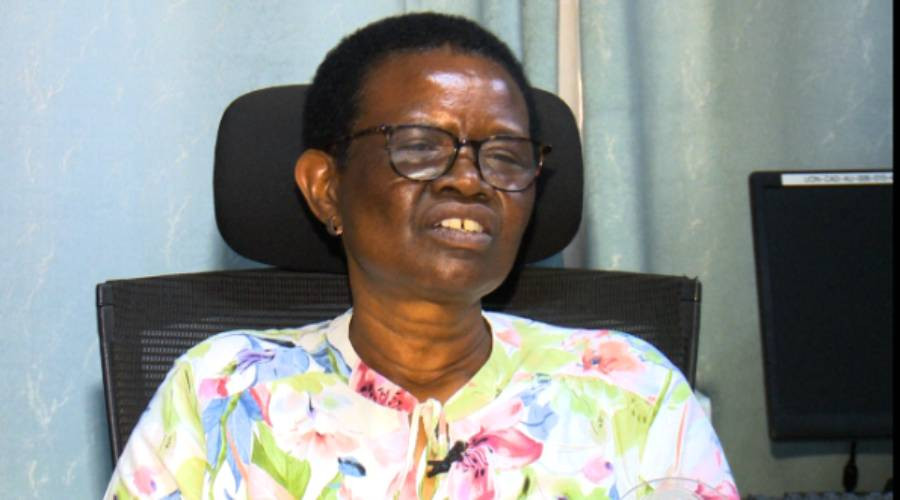×
The Standard e-Paper
Home To Bold Columnists

The government has been on a campaign to digitize its services as part of President William Ruto's transformative agenda.
This program will see all health facilities in the country go paperless, which is a major problem in the sector where hours are spent in the transfer of written patient information to their colleagues.